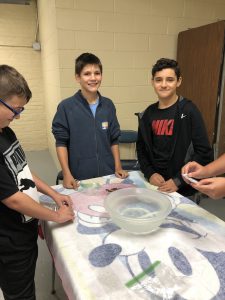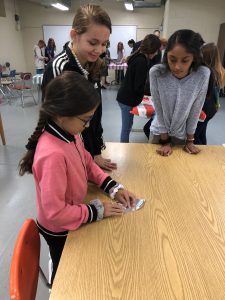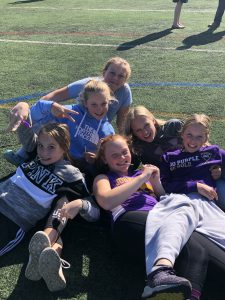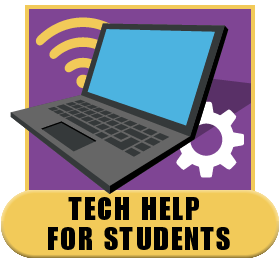Knox “Restorative Justice” program makes lasting impact
 In 2019, Knox Junior High School Principal Robert Kraemer began the process of developing a dispute resolution program. The program, titled Restorative Justice, was designed to create opportunities for discussion and create an open-ended platform to create conversation during crisis-related situations. The process is simple, but effective. The core principles of the program are to allow students to create relationships and develop empathy, while improving interpersonal communications. All three areas are important for student growth, both from an educational and emotional standpoint, and allow for administration, faculty and students to create an environment to share conversations. The main priorities are to help one another understand viewpoints and help strengthen the school community.
In 2019, Knox Junior High School Principal Robert Kraemer began the process of developing a dispute resolution program. The program, titled Restorative Justice, was designed to create opportunities for discussion and create an open-ended platform to create conversation during crisis-related situations. The process is simple, but effective. The core principles of the program are to allow students to create relationships and develop empathy, while improving interpersonal communications. All three areas are important for student growth, both from an educational and emotional standpoint, and allow for administration, faculty and students to create an environment to share conversations. The main priorities are to help one another understand viewpoints and help strengthen the school community.
 According to Knox Junior High Principal Robert Kraemer, “This program relies on trust and the ability to share information and emotions as it relates to a specific situation or scenario,” he said. “The GJSD and our surrounding community are a tight knit community that share a proud history. As any family can attest, things happen, whether good or bad, and it’s our responsibility to build the framework to help ease those issues. Communication is a key element in building this program. Secondly, empathy is what drives its success. As a community, we have the ability to listen and understand one another. This program is geared towards continuing that two-way communication experience.”
According to Knox Junior High Principal Robert Kraemer, “This program relies on trust and the ability to share information and emotions as it relates to a specific situation or scenario,” he said. “The GJSD and our surrounding community are a tight knit community that share a proud history. As any family can attest, things happen, whether good or bad, and it’s our responsibility to build the framework to help ease those issues. Communication is a key element in building this program. Secondly, empathy is what drives its success. As a community, we have the ability to listen and understand one another. This program is geared towards continuing that two-way communication experience.”
 Different situations drive selective approaches to the program’s success. For an example, students are encouraged to speak and share their thoughts in a respectful manner. Usually, a main topic is shared and the conversation is geared towards resolving that issue or sharing experiences related to that topic. This is called a “community circle.” During this time students and sometimes parents/caregivers, and faculty engage in a positive conversation to set the tone of the meeting. For instance, students recently held a conversation surrounding a serious topic in their community: cancer. The GJSD community has come to know the heartfelt story of Drew Hale and his battle against cancer. The “Blue for Drew Bear” effort was a successful conversation point as students seek to understand the impact of cancer and its immediate effect on their community and fellow residents. Conversations, like this one, play a key role in developing students communication skills while developing empathy.
Different situations drive selective approaches to the program’s success. For an example, students are encouraged to speak and share their thoughts in a respectful manner. Usually, a main topic is shared and the conversation is geared towards resolving that issue or sharing experiences related to that topic. This is called a “community circle.” During this time students and sometimes parents/caregivers, and faculty engage in a positive conversation to set the tone of the meeting. For instance, students recently held a conversation surrounding a serious topic in their community: cancer. The GJSD community has come to know the heartfelt story of Drew Hale and his battle against cancer. The “Blue for Drew Bear” effort was a successful conversation point as students seek to understand the impact of cancer and its immediate effect on their community and fellow residents. Conversations, like this one, play a key role in developing students communication skills while developing empathy.
The community continues to experience success with this program and it’s an important factor in allowing students to obtain the necessary communication tools to navigate life’s obstacles. At GJSD, we seek to reinforce those attributes and allow students to become stronger, mentally and emotionally, as they approach learning, relationship-building and understanding one another.



